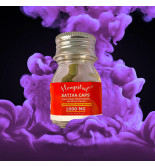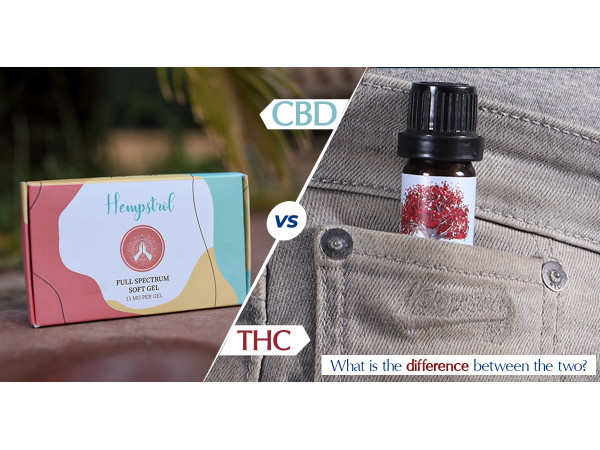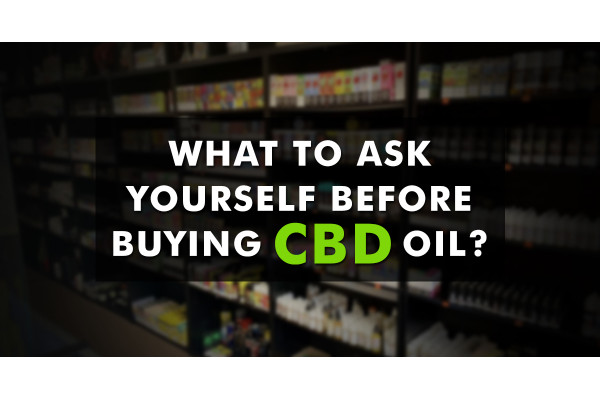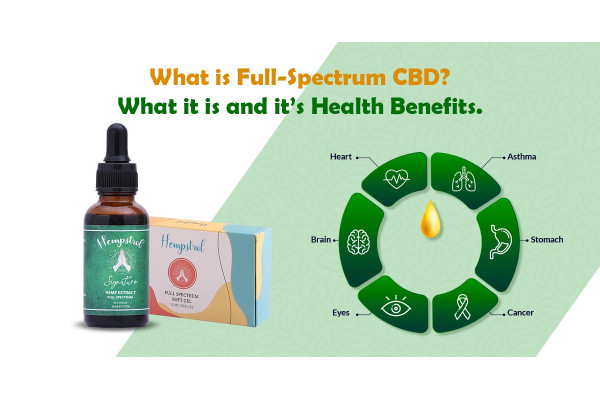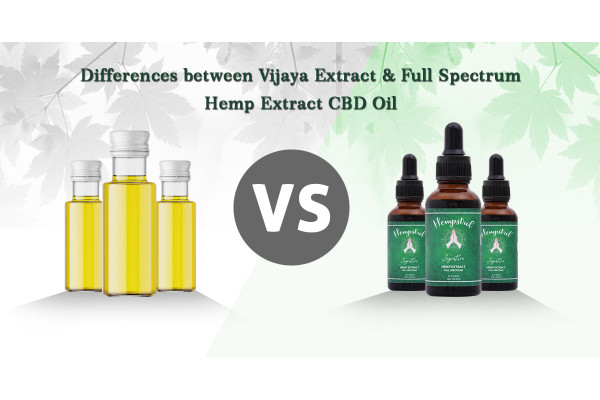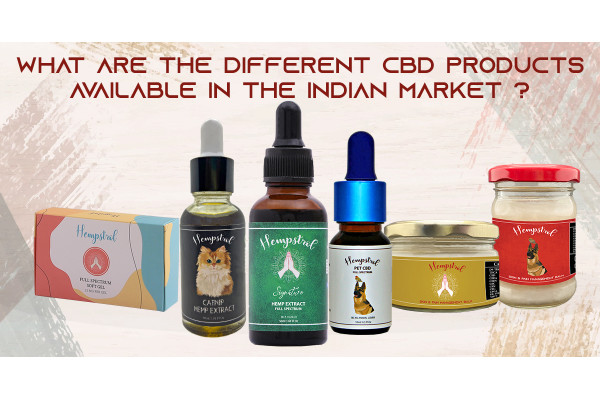CBD and THC: What is the difference between the two?
Whether you should have CBD or THC will always be up for debate and all the right reasons. Both of these compounds, CBD and THC come from the same plant: cannabis. Cannabidiol, or CBD, and delta-9-tetrahydrocannabinol, or THC, are two of many different cannabinoids present in the cannabis plant. Both of these compounds are two of the most prominent cannabinoids found in the cannabis plant. Both and hemp produce CBD and THC; the only difference is cannabis has a higher concentration of THC, and hemp has a higher concentration of CBD. However, in the body, both THC and CBD interact with cannabinoid receptors to help treat or limit the effects of various conditions.

What exactly is the difference between CBD and THC?
Molecular Composition: The molecular composition of CBD and THC is identical, consisting of 21 carbon atoms, 30 hydrogen atoms, and 2 oxygen atoms. The fact that they don't have the same chemical structure and are absorbed by the body as different substances make up the difference. These substances influence things like mood, pain, sleep, and memory by attaching to neurotransmitters in the brain.
Psychoactive Part: The chemical molecule THC is most well-known because of the euphoric high it causes. CBD, on the other hand, is considered a non-psychoactive compound which means you do not get the high that we associate with THC. Although in India, CBD is allowed to contain up to.3% of THC and this amount is insufficient to cause a psychoactive reaction.
Medical Benefits: CBD can give a range of benefits without the intoxicating side effects. The endocannabinoid system in your body interacts with both substances, CBD and THC. The endocannabinoid system is "perhaps the most significant physiological system involved in creating and maintaining human health. It helps to regulate many functions and processes, including sleep, mood, appetite, memory, etc. Although they both interact with the ECS system, they have separate properties with different medicinal benefits.
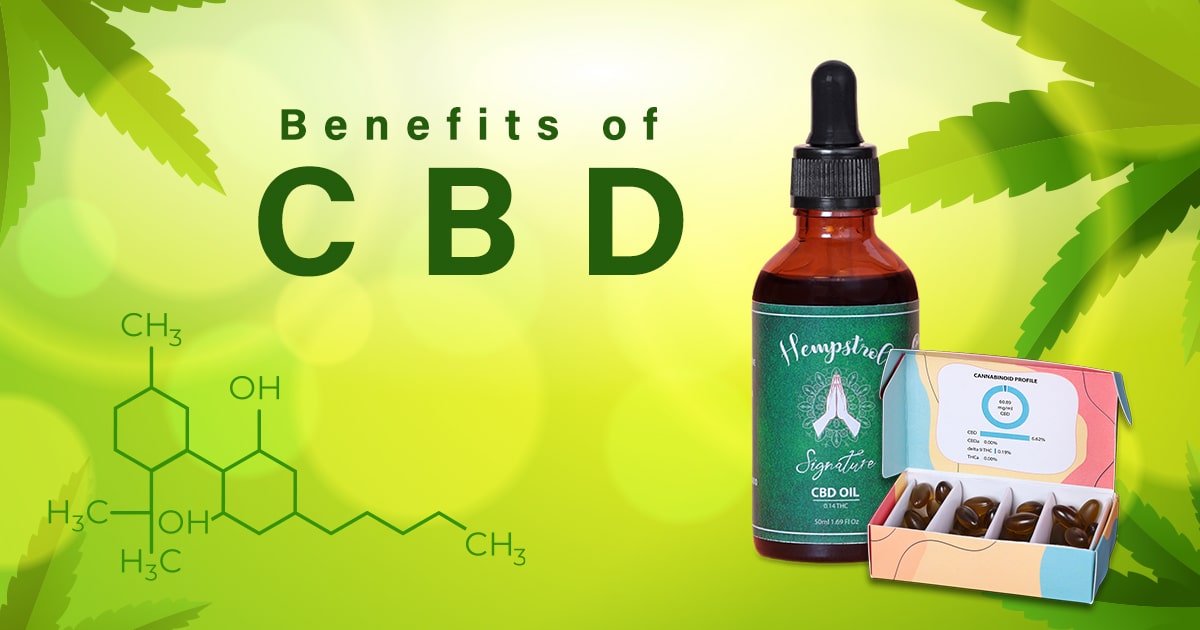
Benefits of CBD: Taking CBD oil has a number of positive health effects. People claim that CBD helps with issues including arthritis, diabetes, multiple sclerosis, and cancer treatment by connecting to your body's cannabinoid receptors.

Benefits of THC: It is now allowed to use "medical marijuana," but only with a doctor's prescription. THC's effects are well-known to offset many otherwise painful symptoms associated with chronic pain.
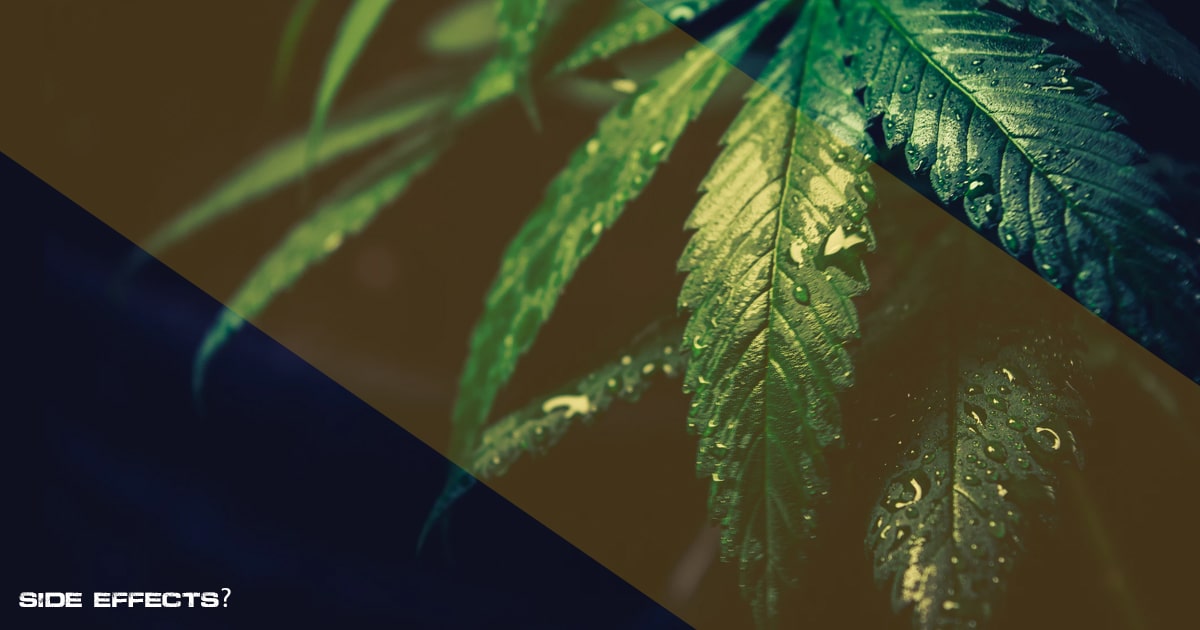
Side effects: Even when used in extremely high amounts, CBD products rarely cause any side effects. According to studies conducted by the World Health Organization (WHO), "CBD was tolerated in all individuals, with no symptoms of toxicity or major side effects." If negative side effects were noticed, they were typically brought on by interactions between CBD and another medication the user was taking at the same time. Always get medical advice, especially if you plan to take CBD along with other medications. On the other hand, THC does have a few well-known side effects, including increased heart rate, difficulties with coordination, dry mouth, red eyes, sluggish reaction time, and memory loss. The psychoactive characteristics of the substance are linked to these negative effects.
Conclusion



